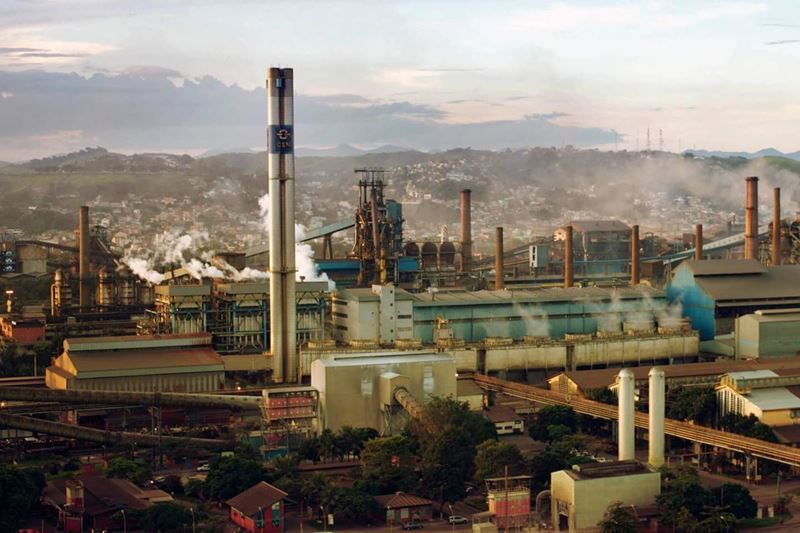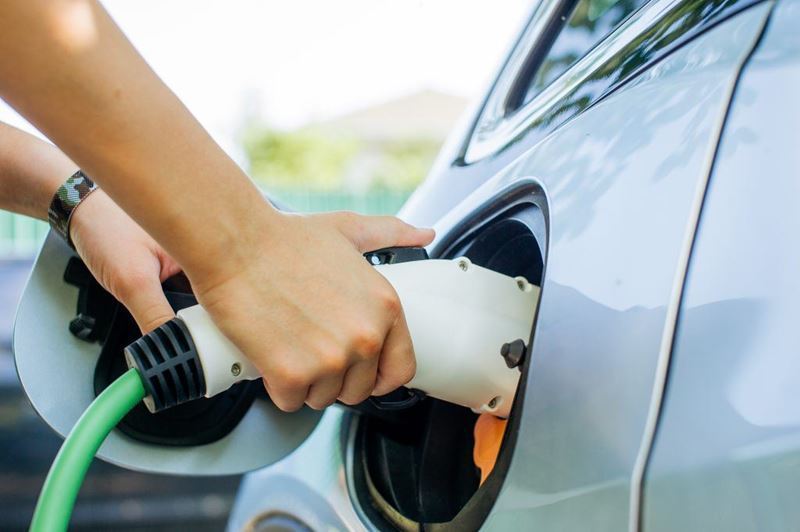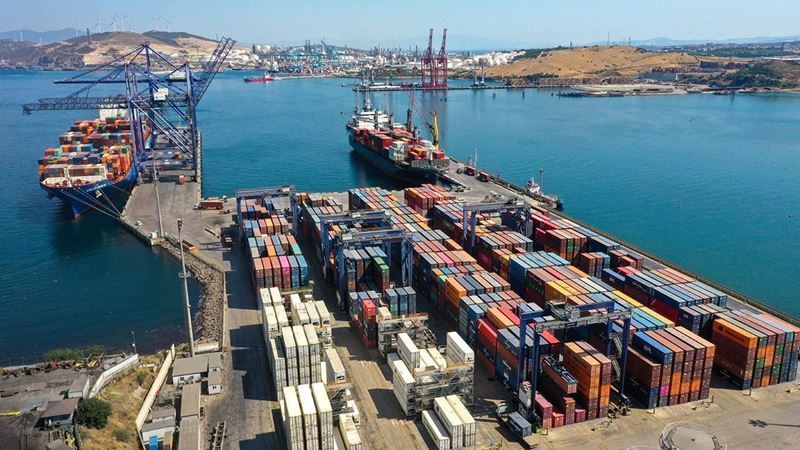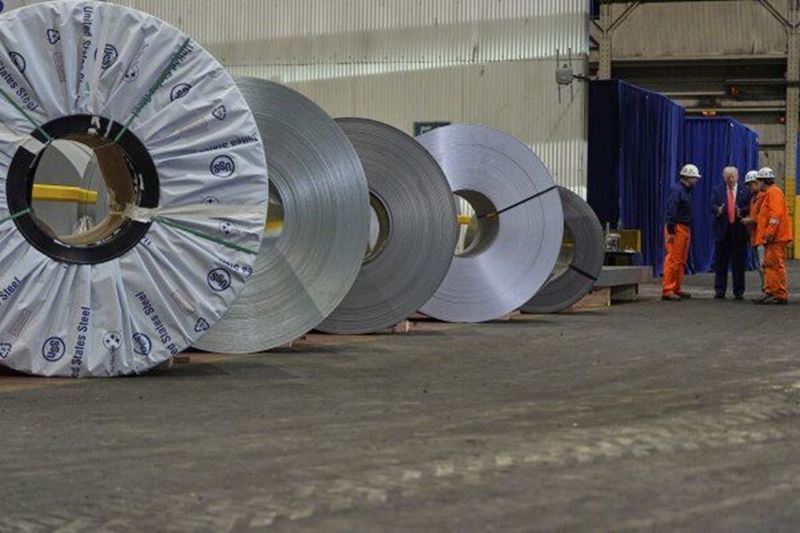Grimm stated that blast furnaces may have to be shut down due to weak demand, stressing that this is not only specific to thyssenkrupp Steel but also happening across Europe, where blast furnaces are being closed, capacities reduced, and transformation projects and investments postponed or cancelled.
Grimm stated that this process is often irreversible and that the effects are not limited to steel, but extend to the entire industrial value chain, including automotive, suppliers, chemicals and machinery. He emphasized that Germany is losing around 10,000 industrial jobs per month, describing the situation as “a fire that must be brought under control.”
Grimm emphasized that Germany is reluctant to accept the breakdown of the existing international order, stating, “The 130-year story of German export-driven economic growth has come to an end for now. Trade partners are no longer predictable actors but competitors. Countries such as China and India, to which we exported technology for many years, are now rivals; China is a systemic rival.” He stated that European politics and Germany are responding too slowly to global changes, while other countries are taking strategic and rapid steps.
Three urgent measures stand out
First, effective trade protection is needed. Grimm emphasized that the industry cannot survive as long as excess capacity continues to enter the European market without restrictions. Around 700 million mt of overcapacity exists worldwide, most of it originating from China and heavily subsidized. In addition, tariffs between the US and the EU are directing more capacity into Europe. Grimm stated that it is impossible to compete with dumping under these conditions.
The second measure is the Carbon Border Adjustment Mechanism (CBAM). Grimm emphasized that despite billions of euros invested in green transformation projects, competition is being distorted by CO2-intensive steel. He stated that CBAM must be implemented in full and extended to include processed steel products, noting that current rules can be circumvented through loopholes. Until CBAM reform is enacted, Grimm emphasized that free allocations under the EU Emissions Trading System (ETS) must continue; otherwise, a green steel market cannot emerge.
The third measure is binding “European Content” quotas. Grimm stated that Germany’s special infrastructure funds should not be used for subsidized Chinese steel, describing the support of domestic production as a strategic necessity.
Addressing the concrete challenges faced by thyssenkrupp Steel, Grimm stated that the company has lost contracts in strategic products such as electrical steel due to the price advantage of Asian competitors. He emphasized that while Europe still allows large-scale steel imports from Russia, domestic production has significantly declined. In 2024, nine million mt of production capacity was halted in the EU, leading to layoffs.
Grimm also referred to a proposal in Brussels for stronger trade protection across Europe. The proposal foresees halving duty-free import quotas and applying a 50% customs duty on imports above that threshold. He emphasized that the swift implementation of this measure would send a clear signal to the sector.
Grimm stated that Germany requires long-term structural changes, stressing the necessity of improving the investment environment, implementing corporate tax reforms, and reducing excessive regulation. He warned that delays would increase job losses and undermine social confidence.
Thyssenkrupp Steel has invested more than EUR 1 billion in its German facilities and is taking a pioneering role in the green steel transition. With the direct reduction plant under construction in Duisburg, the company aims to expand its green steel production capacity. Grimm stated that layoffs are unavoidable but necessary to preserve highly skilled value chains, adding: “Instead of standing in a storm with a light summer jacket, we are putting on our raincoats and taking action.”










Comments
No comment yet.